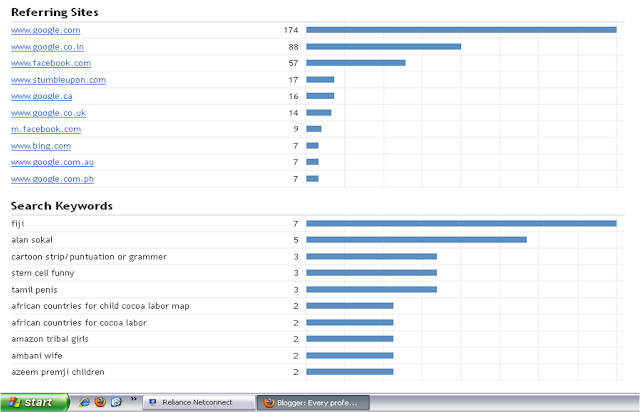Way, way, back when I was a kid, I thought it was exciting to hear all about how Hindi was being imposed on Dravidians and the Tamil Nadu politicians all worked up against it. The natural inclination to join the fight against anything imposed started, as far as I can recall, from this absurd promotion of Hindi as the national language.
As a teenager, when I was associated with a political movement about which I am not at all proud of--perhaps the worst sin I have ever committed--I asked the leader why he was often talking to us in Hindi. He replied that English is an European language, which did not belong to this land. I told him that Hindi did not belong in Tamil Nadu. He did not like it. In any case, soon I was off that political movement as well.
A lot has changed over the decades. But, after all the travels within this country, it does seem like there is very little Hindi usage in Tamil Nadu even now. It is not that there is a whole lot of love and affection for the Tamil language; after all, as
my experiences with the Mozhi t-shirt showed, while there is a great deal of rhetoric about love for Tamizh, in reality, however, kids and teenagers in Chennai seem to converse more often in English than Tamizh, while adults don't seem to worry about the language all that much.
Walking around in the busy shopping streets of T-Nagar, very, very rarely do I hear any Hindi. A lot of English and Tamizh, and a good smattering of Telugu, Kannada, and Malayalam--all South Indian languages.
Hindi being rare a sound is such a contrast to my experiences in the places I traveled. Even in the busy Connaught Place in New Delhi, even youngsters were mostly talking in Hindi--though they often did say "hi" to each other. It was quite
common an experience for me when I attempted to chat with auto and taxi drivers to find out that they knew even less English compared to taxi drivers in Ecuador!
At the IIT campus in Delhi, when I asked the taxi driver to stop at a roundabout so that I could ask a gentleman who was formally attired about the directions to my friend's office, I was quite shocked that he first replied in Hindi. When I asked him again, he decided to address the taxi driver instead--in Hindi. Yep, that was the case even at a campus of a leading university. Now, of course, one swallow doesn't make a summer. But, hey, I can't discount this experience either.
In train compartments and at airports, when in Tamil Nadu, children seem to be excited to talk to their parents in English. But, in the other places north of the state, kids and parents conversed mostly either in the local language or in Hindi.
I do not assume that there is a conscious effort to keep Hindi away from Tamil Nadu. It is not anything like the 1960s and 1970s when there were systematic efforts to drive Hindi out because of a real worry that it was being imposed. Personally, the kid and the teenager in me who actively sympathized with the anti-Hindi emotions continues to be happy that Hindi has not become the
lingua franca. And, the fact that the younger population gravitate towards English is also an asset when it comes to the global economic marketplace.
But, ... if only the youngsters were equally passionate about Tamizh!
While I may have lost the fluency I once had in the language--the fluency and interest that drove me to read
a whole lot of Tamizh literature even though I did not formally study the language in school after the primary years--there is, I suppose, always an emotional attachment to the language that we first learnt. But, more than mere emotions, I am afraid that by not having a passion for Tamizh, the youngsters deprive themselves of a phenomenal opportunity to gain a little bit of understanding of the oldest living language with a rich literature past and with a very, very long history.
A few weeks ago, dad gave me an article to read in which the author lamented about having watched a television show in which they went around asking people who
Bharathidasan was. The author seemed to be livid with the the ignorance on display, and I agreed with his feelings. One, he wrote there, even replied that Bharathidasan was a former governor of the state! That is a reflection of how much there is scant interest in Tamizh.
I hope the tide will change. Soon.





























